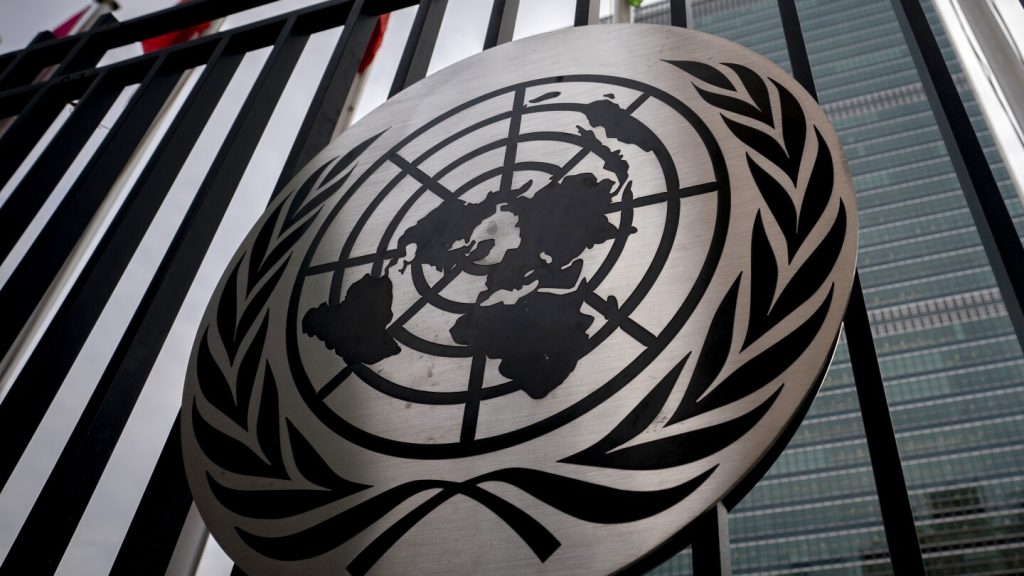Nearly 200 nations have approved the United Nations Convention against Cybercrime, which aims to create a framework for nations to cooperate against internet-related crimes. The treaty addresses issues such as illegal access and interception of computer information, electronic eavesdropping, and online child sex abuse. Critics of the treaty, which is expected to be approved by the General Assembly, have raised concerns about its potential to violate human rights by allowing governments to probe electronic communications and bypass privacy safeguards.
The convention, which began with a Russian initiative several years ago, has faced criticism for its oppression-friendly language. Libertarians and business groups have expressed concerns that the treaty could make websites vulnerable to government crackdowns, citing the case of Rappler, an online Philippine news outlet that reported critically on former President Rodrigo Duterte’s human rights record. However, advocates, including the Biden administration, argue that the treaty strikes a balance between privacy concerns and the need to combat criminal activity globally.
A senior U.S. administration official involved in the negotiation process stated that the convention is seen as a means to expand global law enforcement cooperation. The official emphasized that the negotiation process allowed for essential improvements in the treaty, achieving a balance between authorities for law enforcement and human rights. Despite disagreements during the five-year negotiation process, the deal was ultimately approved by consensus. However, business groups have criticized the treaty as overly vague and open to abuse, expressing concerns about countries intruding into private enterprise.
Representatives from nearly 200 nations, as well as companies like Amazon and Microsoft, were involved in the negotiations for the convention. While some see the treaty as a way to combat serious crimes with a tech link, others believe it could provide cover for repressive countries to target individuals who use the internet in ways they disapprove of. Critics, including international civil rights groups and electronic freedom advocates, argue that the convention lacks robust checks and balances, potentially leading to abuse by governments in conducting domestic and cross-border spying and surveillance.
The text of the U.N. convention emphasizes the need for global criminal justice policies to protect society against cybercrime, including terrorism and transnational organized crime. It prohibits activities such as electronic eavesdropping or hacking without government permission, although rights advocates tried to remove language that they believe gives governments excessive power. Once approved by the General Assembly, the treaty will become law upon the approval of 40 nations. Critics argue that the convention does not enhance online safety and could be used to justify repression, with countries pointing to the U.N. treaty to justify cooperating on repressive actions.
In conclusion, the United Nations Convention against Cybercrime has been approved by nearly 200 nations, despite concerns about its potential impact on human rights and privacy. The treaty aims to address internet-related crimes and promote global cooperation in combating cyber threats. While some view it as a positive step towards enhancing law enforcement cooperation, others fear that it could be used by repressive governments to target individuals and justify surveillance and repression. The debate over the treaty’s implications for human rights and online freedoms is ongoing, with advocates and critics both raising valid points about the need for balance between security and privacy in the digital age.















